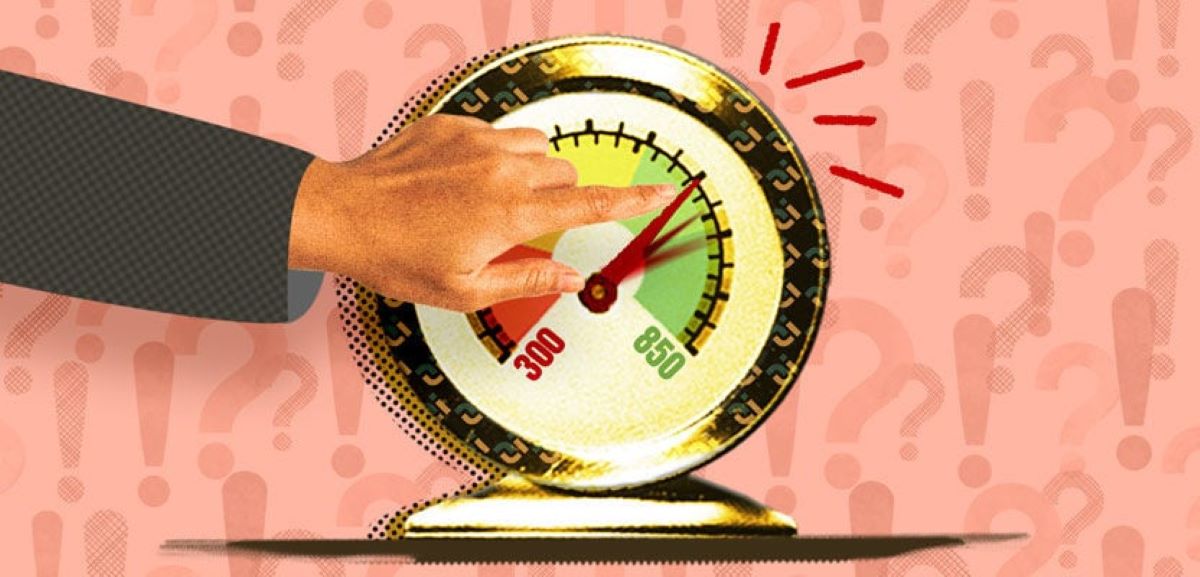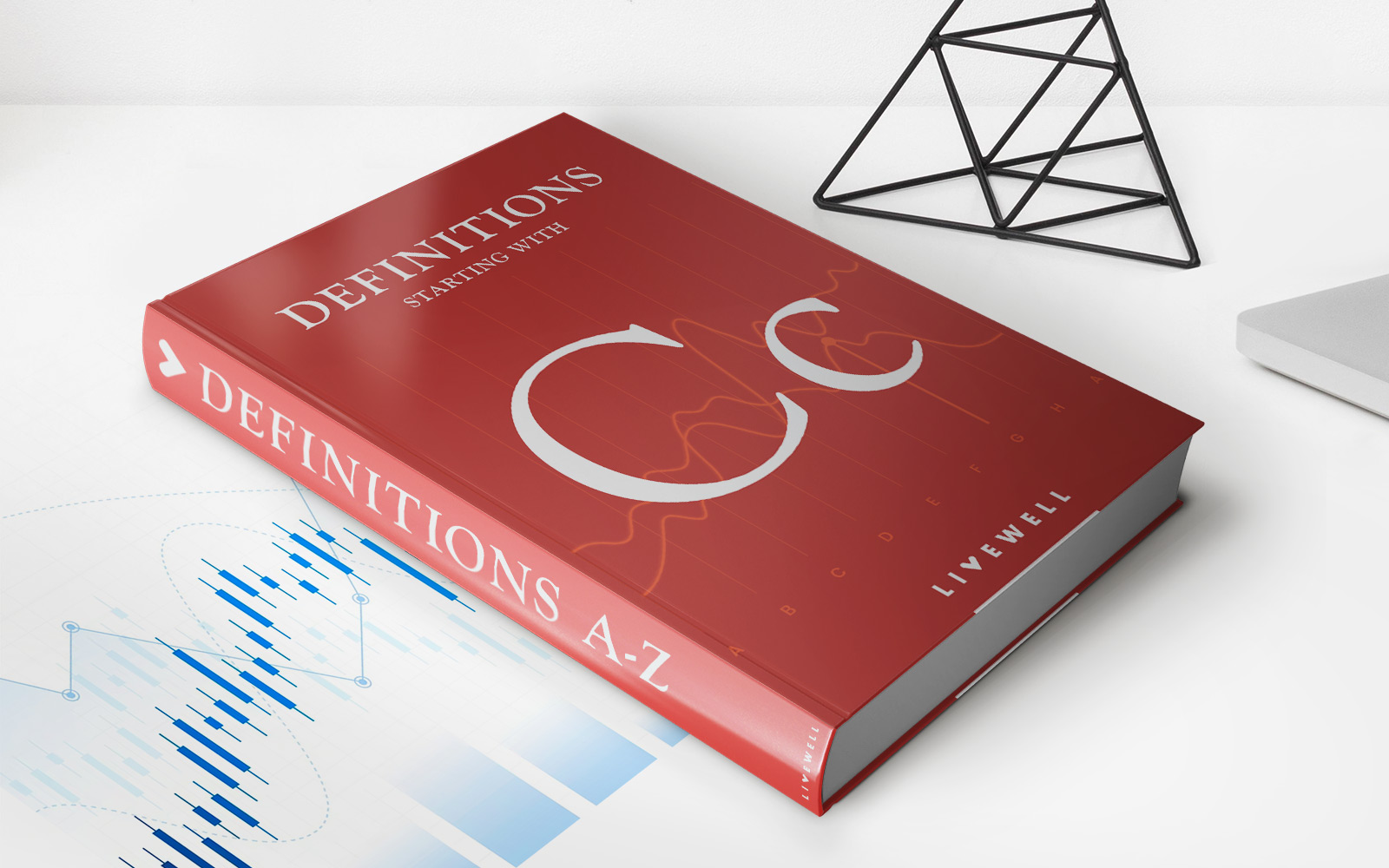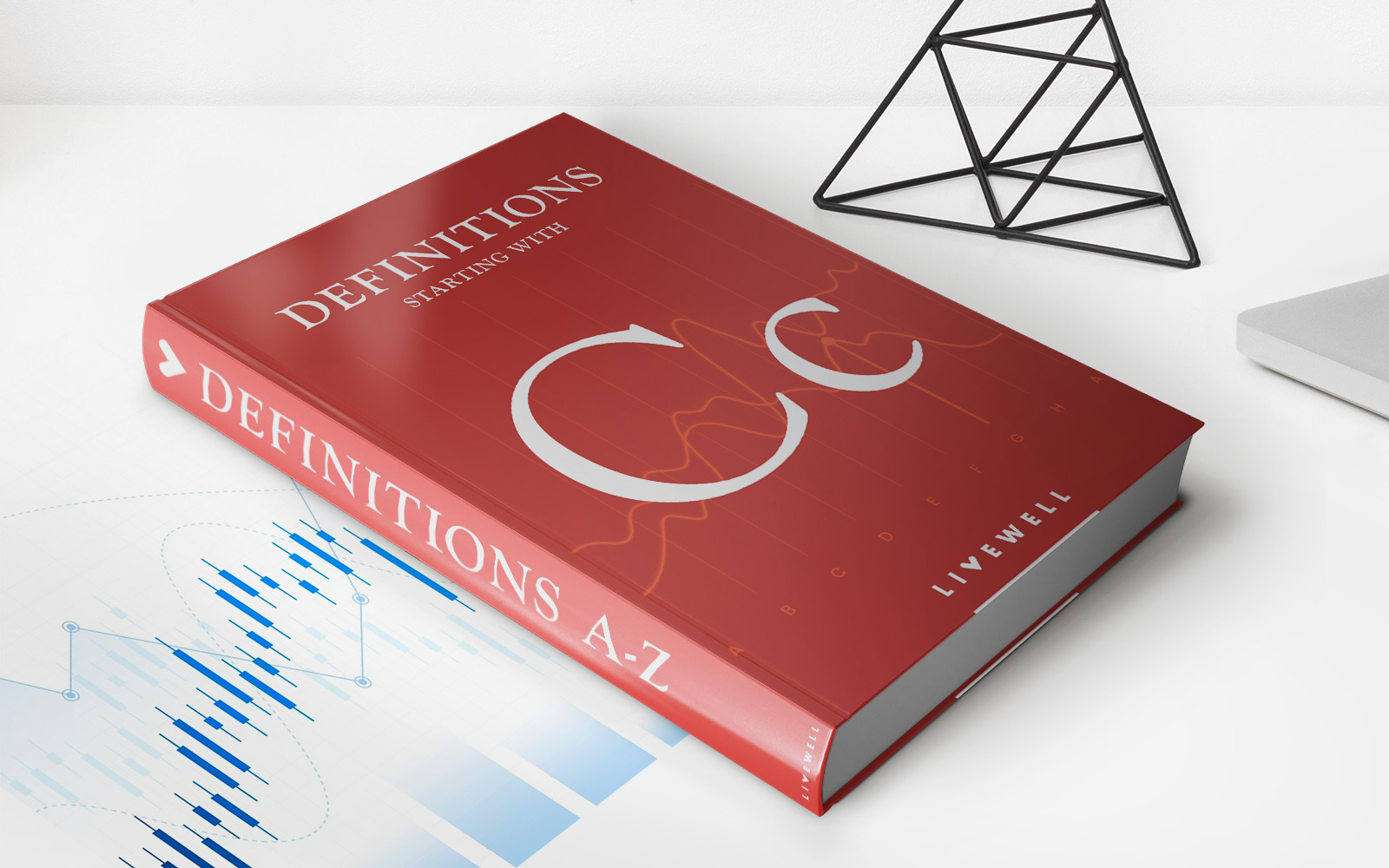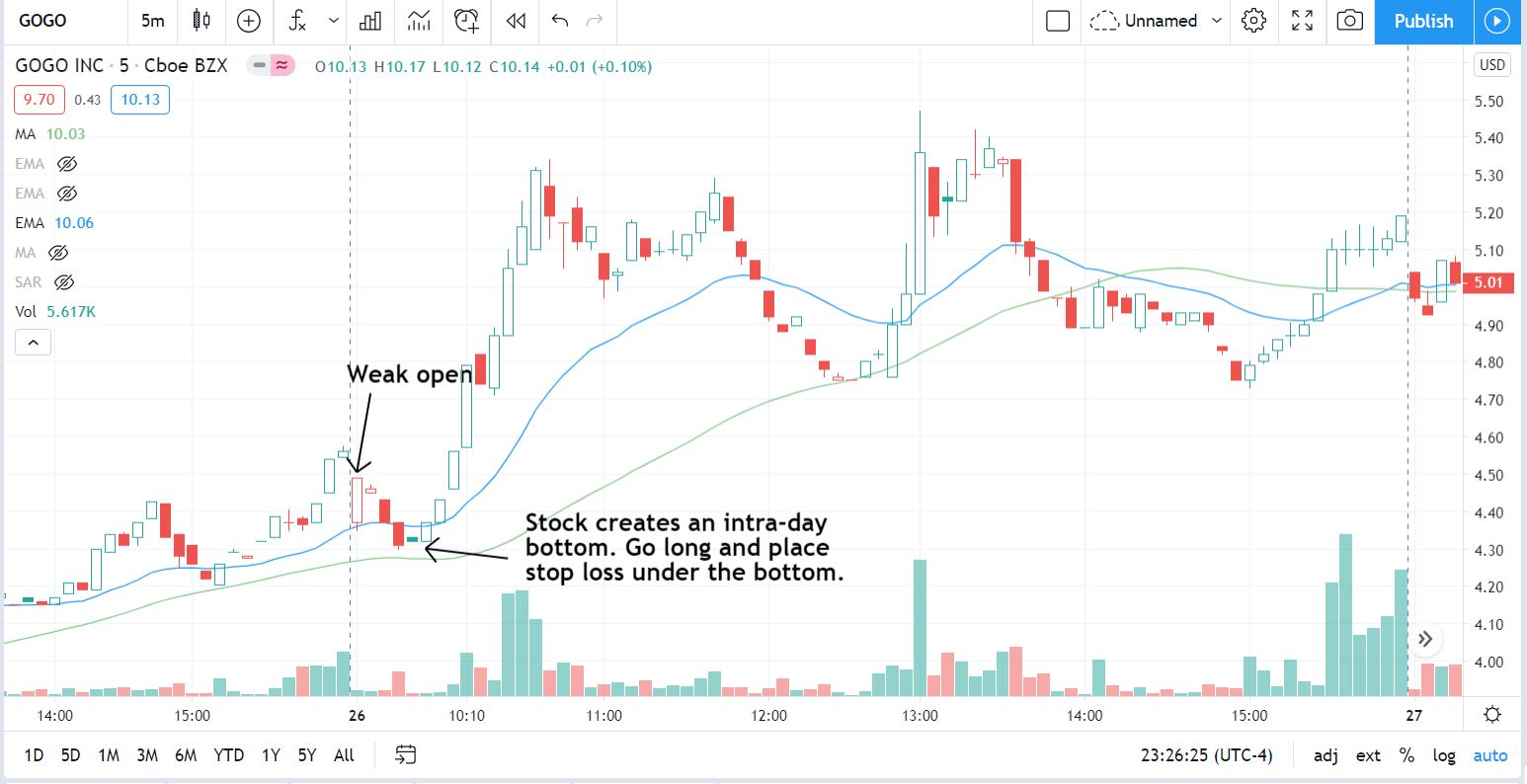Home>Finance>Will A Credit Inquiry Affect A Credit Limit Increase Request


Finance
Will A Credit Inquiry Affect A Credit Limit Increase Request
Published: March 4, 2024
Learn how credit inquiries impact credit limit increase requests and manage your finances effectively. Understand the relationship between credit inquiries and finance.
(Many of the links in this article redirect to a specific reviewed product. Your purchase of these products through affiliate links helps to generate commission for LiveWell, at no extra cost. Learn more)
Table of Contents
Introduction
Understanding the Relationship Between Credit Inquiries and Credit Limit Increase Requests
Welcome to the world of credit management, where every financial decision and action can have a ripple effect on your credit standing. One common concern among credit cardholders is how credit inquiries may impact their ability to request an increase in their credit limits. In this article, we will delve into the intricacies of credit inquiries and their potential influence on credit limit increase requests. By gaining a deeper understanding of this relationship, you’ll be better equipped to make informed decisions and navigate the credit landscape with confidence.
As consumers, we often encounter situations where a higher credit limit can provide greater financial flexibility and peace of mind. Whether it’s to accommodate a large purchase, manage unexpected expenses, or simply improve credit utilization ratios, the option to request a credit limit increase can be a valuable tool in our financial arsenal. However, the process of requesting such an increase can raise questions about how it may impact our credit scores and overall creditworthiness.
By exploring the dynamics of credit inquiries and credit limit increase requests, we aim to shed light on this often-misunderstood aspect of credit management. Throughout this article, we will address the impact of credit inquiries on credit limit increase requests, factors to consider when contemplating such requests, and practical insights to help you navigate these financial decisions effectively.
Understanding Credit Inquiries
Before delving into the relationship between credit inquiries and credit limit increase requests, it’s essential to grasp the concept of credit inquiries and their implications. A credit inquiry, also known as a credit check or credit pull, occurs when a lender or creditor accesses your credit report to assess your creditworthiness. There are two types of credit inquiries: hard inquiries and soft inquiries.
Hard inquiries typically occur when you apply for credit, such as a new credit card, auto loan, or mortgage. These inquiries are initiated with your consent and are recorded on your credit report. Lenders consider hard inquiries as a reflection of your active pursuit of credit, and multiple inquiries within a short period may impact your credit score.
On the other hand, soft inquiries are generated for informational or promotional purposes and do not impact your credit score. These inquiries may arise when you check your own credit report, when a potential employer conducts a background check, or when a credit card issuer pre-screens you for a promotional offer.
It’s important to note that credit scoring models take into account the number and frequency of hard inquiries, as they may indicate a heightened credit risk. While the impact of a single inquiry may be minimal, a pattern of multiple inquiries within a condensed timeframe could raise concerns among lenders.
Understanding the nature of credit inquiries and their categorization as hard or soft lays the groundwork for evaluating their potential effects on credit limit increase requests. As we proceed, we’ll explore how these inquiries intersect with the process of seeking a credit limit increase and the considerations involved in managing this aspect of credit management.
Credit Limit Increase Requests
When managing a credit card account, the option to request a credit limit increase can offer numerous advantages. A higher credit limit provides greater purchasing power and can positively impact your credit utilization ratio, a key factor in credit scoring models. Additionally, it can serve as a financial safety net, allowing for more flexibility in managing unexpected expenses or making significant purchases.
Typically, credit card issuers evaluate credit limit increase requests based on various factors, including the cardholder’s payment history, income, and overall creditworthiness. The process often involves submitting a formal request, either through the issuer’s online portal, customer service hotline, or written communication.
It’s important to approach credit limit increase requests thoughtfully, considering your current financial circumstances and the potential implications for your credit profile. While a higher credit limit can offer benefits, it’s crucial to assess whether you can manage it responsibly and avoid the temptation to overspend.
Understanding the dynamics of credit limit increase requests sets the stage for examining how credit inquiries, particularly hard inquiries, may intersect with this process. As we delve into the impact of credit inquiries on credit limit increase requests, we’ll explore the considerations and strategies that can help you navigate this aspect of credit management effectively.
Impact of Credit Inquiries on Credit Limit Increase Requests
When considering a credit limit increase request, it’s natural to wonder about the potential impact of credit inquiries, especially hard inquiries, on this process. Hard inquiries are a reflection of your recent credit-seeking activities and are visible to potential creditors when you apply for new credit or request a credit limit increase.
It’s important to recognize that a single hard inquiry is unlikely to significantly impact your credit score. However, multiple inquiries within a short timeframe can raise concerns among creditors, as they may interpret this pattern as a sign of financial distress or overextension. Consequently, a cluster of recent hard inquiries may lead to a temporary dip in your credit score and could potentially affect the outcome of a credit limit increase request.
When you submit a request for a credit limit increase, the card issuer may review your credit report and consider various factors, including your payment history, credit utilization, and recent credit inquiries. While a few inquiries may not necessarily derail your request, a history of numerous recent inquiries could prompt the issuer to exercise caution in extending additional credit.
It’s essential to approach credit limit increase requests judiciously, especially if you anticipate the need for new credit in the near future. Timing your requests strategically and minimizing the frequency of credit inquiries can help mitigate any potential impact on your creditworthiness. Additionally, maintaining a strong payment history and demonstrating responsible credit management can bolster your case for a credit limit increase, offsetting any concerns arising from previous inquiries.
As we navigate the intersection of credit inquiries and credit limit increase requests, it’s crucial to recognize that these elements are part of a broader credit management strategy. By understanding their interplay and implications, you can make informed decisions that align with your financial goals and contribute to a healthy credit profile.
Factors to Consider
When evaluating the potential impact of credit inquiries on credit limit increase requests, several key factors come into play, influencing the overall outcome and implications for your credit profile.
- Credit Utilization Ratio: One of the primary considerations for credit limit increases is the impact on your credit utilization ratio. This ratio, which measures the amount of credit you’re using relative to your total available credit, is a crucial component of credit scoring models. A higher credit limit can lower this ratio, potentially benefiting your credit score. However, the presence of recent hard inquiries could raise concerns about your credit-seeking behavior and may counteract the positive effects of a higher limit.
- Timing of Credit Inquiries: The timing of credit inquiries in relation to a credit limit increase request is significant. If you anticipate the need for additional credit in the near future, it’s advisable to strategize your credit limit increase request to minimize the impact of recent inquiries. Allowing some time to pass between inquiries can demonstrate stability and responsible credit management to potential creditors.
- Long-Term Credit Goals: Consider your long-term credit goals and how a credit limit increase aligns with them. Assess whether the immediate benefits of a higher limit outweigh potential short-term impacts on your credit score. Additionally, evaluate how recent inquiries may affect your eligibility for future credit products or loans, as these inquiries remain on your credit report for a specified duration.
- Overall Credit Profile: Your overall credit profile, including factors such as payment history, credit mix, and length of credit history, plays a crucial role in the impact of credit inquiries on credit limit increase requests. A strong credit profile with minimal negative marks may mitigate the impact of recent inquiries, whereas a less favorable profile could magnify the concerns raised by multiple inquiries.
By carefully weighing these factors and understanding their interplay with credit inquiries and credit limit increase requests, you can make informed decisions that align with your financial objectives and contribute to a healthy credit standing.
Conclusion
Understanding the intricate relationship between credit inquiries and credit limit increase requests is essential for navigating the terrain of credit management effectively. While credit inquiries, particularly hard inquiries, can have an impact on credit scores and creditworthiness, their influence on credit limit increase requests is nuanced and multifaceted.
When contemplating a credit limit increase, it’s crucial to consider the potential implications of recent credit inquiries and how they may be perceived by card issuers. While a single inquiry may have minimal impact, a pattern of multiple inquiries within a condensed timeframe could raise concerns among potential creditors.
Strategic timing of credit limit increase requests and mindful management of credit inquiries can mitigate potential adverse effects and support your case for a higher credit limit. Additionally, maintaining a strong credit profile, including a positive payment history and responsible credit utilization, can offset any concerns arising from previous inquiries.
Ultimately, the decision to request a credit limit increase should align with your long-term financial goals and be approached thoughtfully, considering the broader implications for your credit profile. By evaluating factors such as credit utilization, timing of inquiries, long-term credit objectives, and overall credit profile, you can make informed decisions that contribute to a healthy credit standing.
As you navigate the dynamics of credit management, including credit inquiries and credit limit increase requests, remember that a holistic approach to credit management, encompassing responsible borrowing, strategic credit utilization, and proactive monitoring of your credit standing, is key to achieving your financial aspirations.














